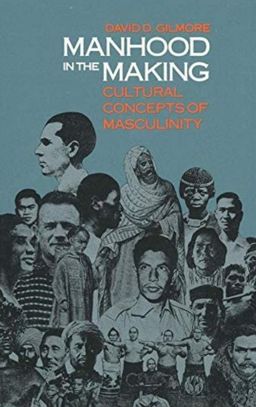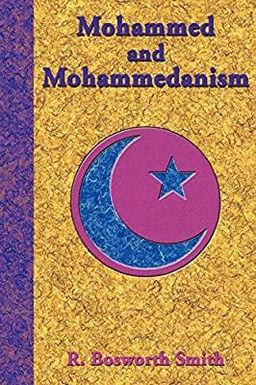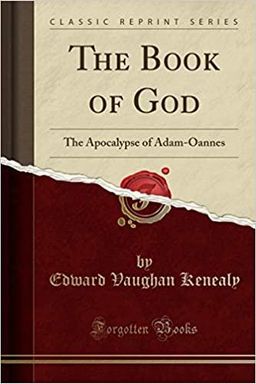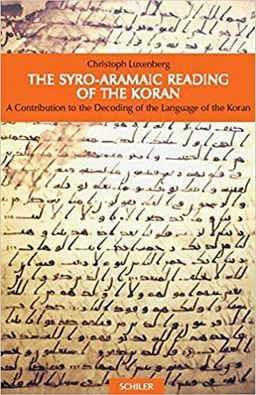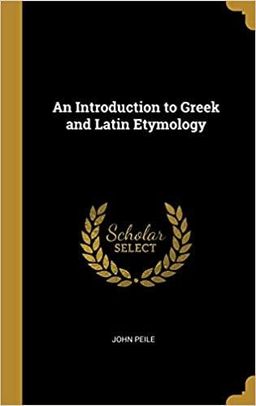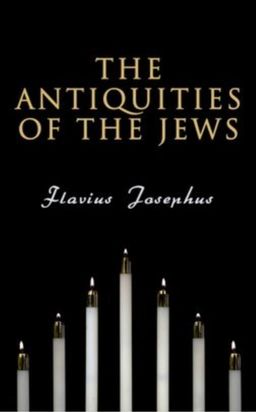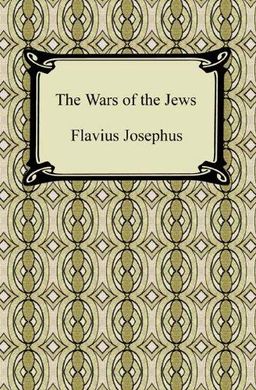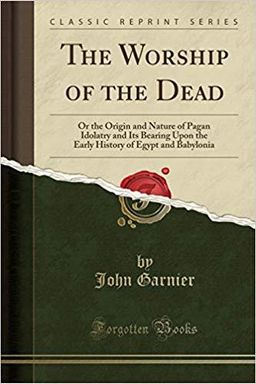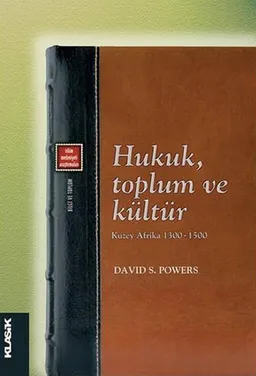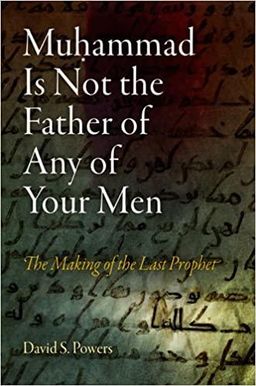About Muhammad Is Not the Father of Any of Your Men
Muhammad Is Not the Father of Any of Your Men subject, statistics, prices and more here.About
The Islamic claim to supersede Judaism and Christianity is embodied in the theological assertion that the office of prophecy is hereditary but that the line of descent ends with Muhammad, who is the seal, or last, of the prophets.
While Muhammad had no natural sons who reached the age of maturity, he is said to have adopted a man named Zayd, and mutual rights of inheritance were created between the two. Zayd b. Muhammad, also known as the Beloved of the Messenger of God, was the first adult male to become a Muslim and the only Muslim apart from Muhammad to be named in the Qur'an. But if prophecy is hereditary and Muhammad has a son, David Powers argues, then he might not be the Last Prophet. Conversely, if he is the Last Prophet, he cannot have a son.
In Muhammad Is Not the Father of Any of Your Men, Powers contends that a series of radical moves were made in the first two centuries of Islamic history to ensure Muhammad's position as the Last Prophet. He focuses on narrative accounts of Muhammad's repudiation of Zayd, of his marriage to Zayd's former wife, and of Zayd's martyrdom in battle against the Byzantines. Powers argues that theological imperatives drove changes in the historical record and led to the abolition or reform of key legal institutions. In what is likely to be the most controversial aspect of his book, he offers compelling physical evidence that the text of the Qur'an itself was altered.
Author: David S. Powers
Estimated Reading Time: 10 hrs. 39 min.Page Number: 376Publication Date: 15 March 2011Publisher: University of Pennsylvania PressISBN: 9780812221497Language: EnglishFormat: Karton kapak
Similar Books
Manhood in the Making
0/10
SOLAS (Safety of Life At Sea)
0/10
U.S. Chart No. 1 - 13th Editio...
0/10
Mohammed And Mohammedanism
0/10
The Book of God
0/10
Syro-Aramaic Reading of the Ko...
8.5/10
An Introduction to Greek and L...
10/10
The Antiquities Of The Jews
0/10
The Wars of the Jews
0/10
The Worship of the Dead
0/10
About the Author
David S. PowersYazar · 2 books
1300–1500 arası Mağrib bölgesine odaklanan David S. Powers İslam hukukunun uygulanışını müftünün rolü üzerinden analiz etmektedir. Yazar, İslam hukukunun incelik ve ileriliğini gözler önüne sermek için Merînîler döneminde babalık davası, zina, su kullanım hakkı, aile vakıfları, [Hz.] Peygamber’e hakaret ve mirastan mahrum bırakma gibi birbirinden oldukça farklı konularda vuku bulan altı yaşanmış olayı ele almaktadır. Bu tartışmaların kaynağı, müftülerce verilmiş fetvalardır ve yazar bunları her bir olayı tarihi bağlamı içerisinde konumlandırmak ve İslam hukukunun prensip, kural ve normlarını yorumlamakta kullanmaktadır. Böylece müellif klişe ve yaygın imajın aksine, kadı ve müftülerin rasyonel düşünce ve argümanlara dayandıklarını, hukuk, toplum ve kültürün karşılıklı etkileşim içinde birbirlerini şekillendirmelerine karşı son derece hassas olduklarını ortaya koymaktadır. Bu eser girift bir alanda çığır açan bir yaklaşımı temsil etmektedir. İslam hukuku öğrencileri ve geleneksel Müslüman toplumlara alaka duyan herkes tarafından kesinlikle okunmalıdır. David S. Powers Cornell Üniversitesi’nde Arapça ve İslam araştırmaları profesörüdür. Studies in Qur’an and Hadith: The Formation of Islamic Law of Inheritance (1986) [Muhammad is not the Father of Any of Your Men: The Making of the Last Prophet (2009)] eserlerinin yazarı, Islamic Legal Interpretation: Muftis and their Fatwas (1996) [Dispensing Justice in Islam: Qadis and Their Judgements (2006)]; Islamic Legal Thought, A Compendium of Muslim Jurists, Brill (2013) adlı eserlerin editörlerinden biri ve Islamic Law and Society dergisinin kurucu editörüdür.
